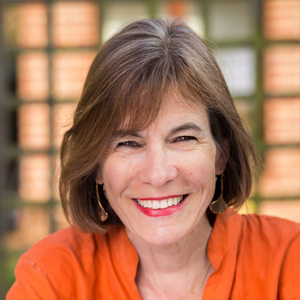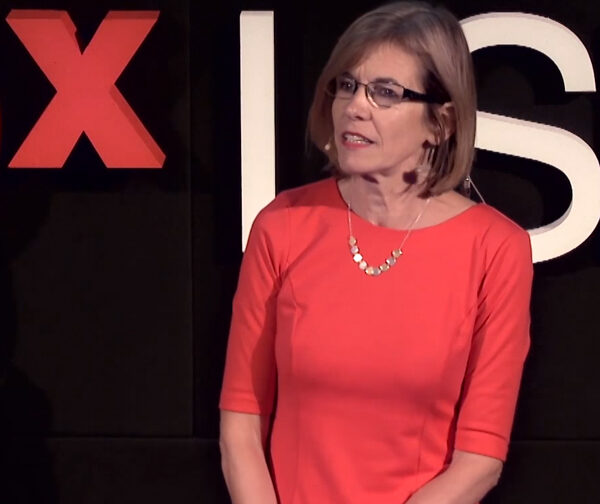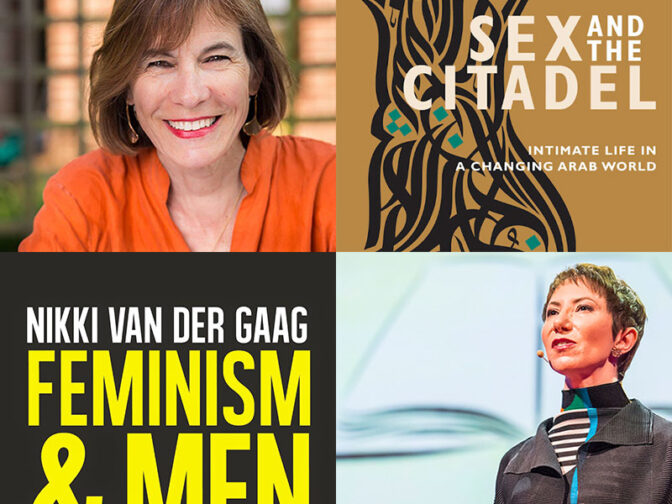The face of care is changing. While caring is still predominantly female, increasing numbers of men all over the world say they are doing more care.
This is the main message of the latest State of the World’s Fathers report, launched in July in Kigali, Rwanda, at the Women Deliver conference.
Drawing on research from 17 countries, including the US, from Argentina to Australia, the report finds that the majority of the 12,000 respondents recognize that care is the foundation of all our lives.
Not only this, but care makes us happy. Nine out of ten parents reported caring for children is one of the most enjoyable things in their lives. Men and women who said they were satisfied with how involved they were in raising their children were 1.5 times as likely to agree that “I am the person I always wanted to be” – and to feel a sense of gratitude.
And so it is important that while mothers are still doing more care across the board, in many countries, fathers say they carry out many hours of different kinds of unpaid care tasks in the home. Seventy to ninety percent of men agreed that “I feel as responsible for care work as my partner.”
Because we know that attitudes to care start so young, it is encouraging to see that across all countries, more than 80% fathers as well as mothers said they believed boys as well as girls should be taught how to do household chores and care work during childhood.
In the majority of countries, between half and three-quarters of both parents agreed that “caring for my children is worth giving up some career opportunities for.” In Portugal, the US, Lebanon, South Africa, Spain, and Mexico, a higher percentage of fathers than mothers agreed with this statement.
So what is stopping men, and fathers in particular, from doing their fair share of care, inside and outside the home? Globally, men spend only 19% of their total non-leisure time on unpaid care work compared to 55% for women. The obstacles to care equality range from policies that don’t support equal caring, to family decisions about paid work; to poverty; to social norms; to some men’s privilege.
Although 87% of mothers and 85% of fathers said that taking paid care leave would benefit their partners and their children, obstacles cited were lack of sufficient replacement pay, fear of losing their jobs, unsupportive managers, and judgement from friends and family.
Which is why it was important that more than half of both mothers and fathers in the survey said that political activism for care leave policies was important to them. This ranged from 57% for fathers and 66% for mothers in India, to 77% and 72% in the US, to 92% and 94% in Rwanda.
Perhaps this shift has been caused at least in part by the recognition of just how central care was to all our lives during the years of the COVID pandemic. Both mothers and fathers in the survey said they did more care during COVID. In all countries, men and women also said their time spent helping neighbors and volunteering in their community increased. Many people in all 17 countries said they take some action each week to care for the planet.
This is encouraging, because supporting an ethic of care among men and boys, and seeing more men caring in an increasing number of ways, is important for individuals, and for society as a whole. It is also an as-yet-untapped way forward in helping break cycles of violence, inequality, and backlash against women’s equality in many countries.
Care for each other and for our families is how we have survived as a species. It is the only way we will thrive and survive in the midst of the many crises our world is facing. And so, to center care, we need to build on decades of work by feminists – and ensure that millions of men and boys join the unfinished revolution that is care equality.
Read the State of the World’s Fathers 2023 report here.
Nikki van der Gaag is the co-author of the State of the World’s Fathers 2023 report, and an expert on unpaid care. She is an independent gender consultant, and a Senior Fellow at Equimundo and until January 2019 was Director of Gender Justice and Women’s Rights at Oxfam GB. Books and reports include Feminism and Men (Zed Books 2014), the No-nonsense guide to Feminism (New Internationalist 2017), six State of the World’s Girls reports, including one on boys, and co-authoring the previous four State of the World’s Fathers reports.



